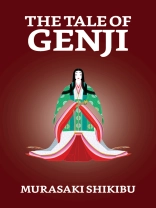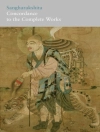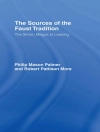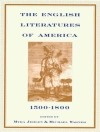The Tale of Genji is a classic work of Japanese literature written in the early 11th century by the noblewoman and lady-in-waiting Murasaki Shikibu. The original manuscript, created around the peak of the Heian period, no longer exists. The Tale of Genji centres on the life and loves of a handsome son, Hikaru Genji, born to an Emperor during the Heian Period. In the story, the beloved concubine of the emperor gives birth to Genji and dies soon after. A major theme of the 'Tale of Genji’ concerns love, lust, and the interaction of members of the opposing sexes; it also explores the different themes of affection, friendship, filial loyalty, and family bonds.
Kup ten ebook, a 1 kolejny otrzymasz GRATIS!
Język Angielski ● Format EPUB ● ISBN 9789354627200 ● Rozmiar pliku 0.6 MB ● Wydawca True Sign Publishing House ● Opublikowany 2023 ● Do pobrania 24 miesięcy ● Waluta EUR ● ID 9024410 ● Ochrona przed kopiowaniem Adobe DRM
Wymaga czytnika ebooków obsługującego DRM











![Pokrywa Jennifer Richards: Elizabeth Singer [Rowe] Pokrywa Jennifer Richards: Elizabeth Singer [Rowe]](https://static.worldofdigitals.com/thumb_webp/931/9781351940931.webp)
